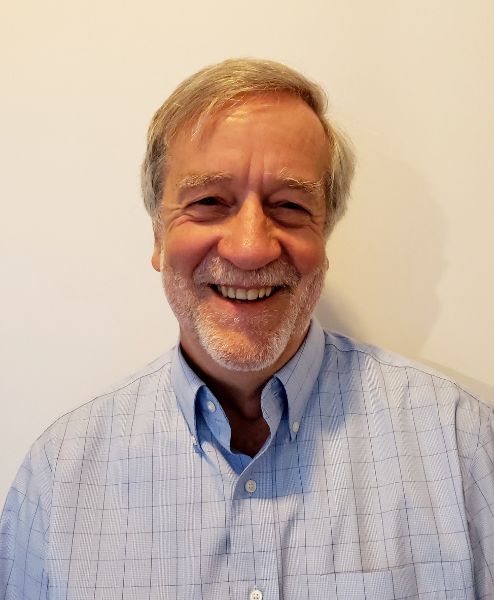Reflection on Virtual Prison Visit: The Frederick Douglass Project
This summer I had a unique opportunity to engage in a Zoom visit with 14 male prisoners incarcerated in Colorado. Joining me on the call were eight individuals from across the United States. Also present were three individuals from the Frederick Douglass Project for Justice (FDP). Founded by Georgetown University professor Marc Howard, the FDP’s mission is to “facilitate structured meetings and respectful conversations between members of the free society and incarcerated people, so that they can learn from each other, form powerful human connections and transform both their lives and society at large." They accomplish this through in-person and Zoom visits to correctional facilities.
After a brief introduction and ice breaker, we proceeded to have a 60 minute free flowing conversation on a variety of topics. We closed with a 30 minute debriefing. The outside visitors were a mix of ages and ethnicity, with an equal division among gender. Included were several individuals who had family members currently incarcerated. The men offered words of advice and encouragement to the family members and noted they hoped they would stay in touch with their loved ones.
Among the incarcerated men were dads, college students and mental health counselors. These gentlemen had three things in common. First, they realized they were defined by their crime. Second, despite their current situation, they were interested in becoming a better person. Third, they wanted the world to see them as a complete human being, not just an offender.
During our conversation, the men shared pearls of wisdom regarding prison life. The men spoke of the "slowness" of prison life where every day is the same and life does not change. They also noted that prisons required a “balancing of selfish and unselfish behaviors." Unlike normal society, the consequences of making the wrong decision in prison can be much more damaging. They also left us with a sense of the loneliness that many incarcerated people feel. As one 74-year-old prisoner noted, what does it say about the human spirit when you are left with “no one and nothing to live for?" Several men encouraged us to become pen pals to prisoners as they enjoyed hearing from the outside world. Finally, while the men could not change yesterday, they could live for today and try to make tomorrow a little better. This involved “grabbing and going” with any opportunity for self-improvement that arose. Finally, the men noted their appreciation of the opportunity created by the FDP. While these visits only lasted two hours, the men looked forward to the program as it brought “joy” to the men to have "outside" people to talk with.
Engaging with prisoners through a Zoom visit offers a unique and profound perspective on the lives of those incarcerated. The conversation helped bridged a gap that is often difficult to navigate. The experience was a powerful reminder of the human need for connection, empathy, and understanding, regardless of physical barriers. I was glad I participated and look forward to the next opportunity to engage in similar conversations.
WOULD YOU LIKE TO DONATE TO JPEN?
Visit the Jesuits of Central & Southern Province support page to learn more about how you can contribute.
To designate your gift to the Jesuit Prison Education Network, scroll down the webpage to "Donation information" to select a gift amount. Then scroll down to the "Designation" box, click on it, and select JPEN from the drop-down menu.
